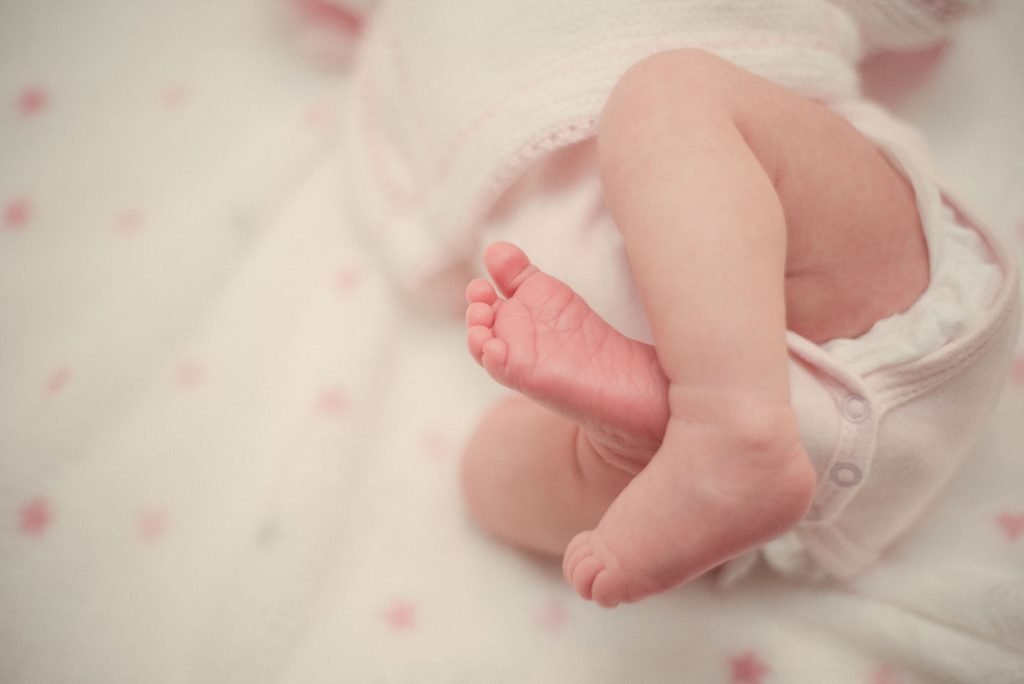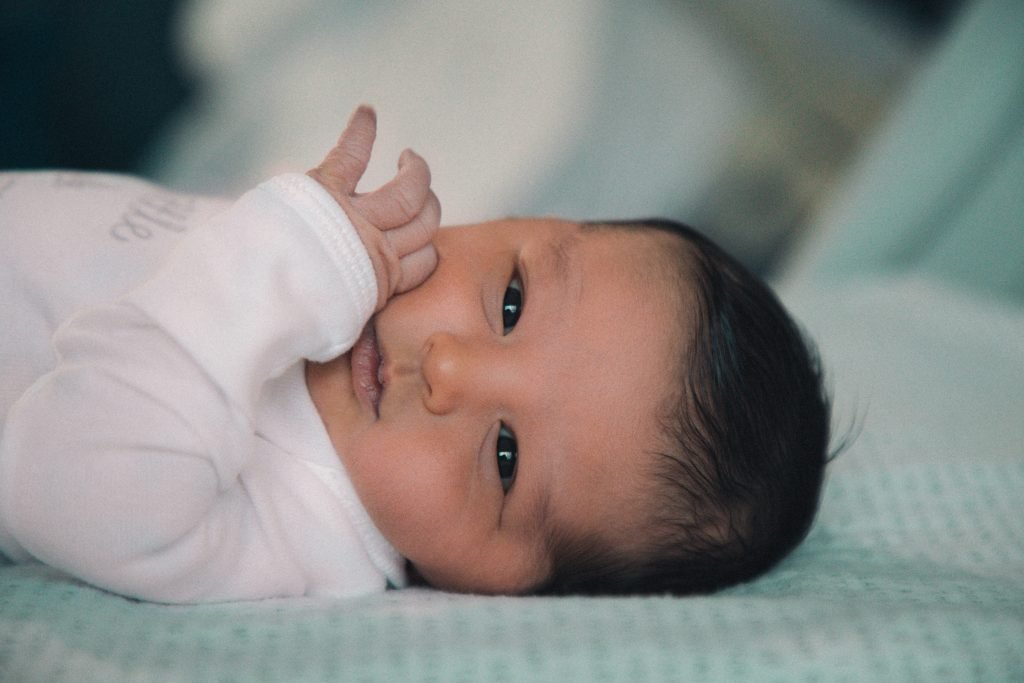Being a new parent is tough. A newborn needs constant attention, and parents have to adjust to a lack of sleep while caring for a living being that is 100% dependent on them. Eating and sleeping are two main factors of a newborn baby’s life.
Burping is an essential component of feeding a kid. Burping helps to eliminate some of the air that newborns frequently take in during feedings. A baby who hasn’t been burped much and has swallowed too much air could spit up and become irritable or gassy.
When it comes to calming a colicky baby, you’re undoubtedly familiar with the experience of spending several hours walking the room while they scream behind your back.
The doctor will tell you that your child needs to be burped. But what should a parent do if the baby refuses to burp?
In this blog, we will discuss some of the easiest ways to make a baby burp.
Why Do Babies Burp?
The most appropriate comparison for burping is a can of soda with carbon dioxide gas trapped at the bottom.
Three primary methods cause gas in the stomach:
- Swallowing air
When your baby eats too quickly, the milk rushes through the bottle and swallows rapidly.
If a breastfeeding mother has a lot of milk, her baby will take in more air. The infant will swallow quickly to keep up with the increased flow, taking in air as a result. If your baby has trouble nursing because of a rapid letdown, try nursing more slowly or giving smaller feedings and burping more frequently.

- Digestion
Because mama’s diet enters her breast milk, the baby essentially “absorbs” the same thing.
Some food in the infant’s intestines is converted to gas and passes out through his mouth or derriere due to bacteria in his intestine.
Gas in babies is caused by the same foods that cause gas in adults. Broccoli, cauliflower, Brussels sprouts, beans, and sugar-free candies are all offenders. Gum and soda can also be culprits.
- Allergic reactions or food intolerance
If you’re breastfeeding, your baby may have a sensitivity to some of the foods you consume and experience belly discomfort as a result.
The most typical food allergy in newborns is a dairy intolerance, especially if the mom has eaten ice cream, cheese, or yogurt.
Intolerances in formula-fed infants include indigestion and gas, similar to those experienced by babies fed cow’s milk formulas.
When Should You Burp a Baby?

The ideal time to burp a baby is once throughout the feeding and after to release the gas.
If you’re feeding your kid, burp them when you switch breasts during.
If you’re bottle-feeding, burp your infant after each 30 mL or two 60 mL of liquid.
When your baby is finished feeding, burp him again.
If the baby is gassy, colicky, or spits up frequently, you may want to burp him or her even more often.
Baby Burping Tricks
Follow these methods to burp your infant successfully:
- Around the halfway of feeding, put your baby face-down on your lap or across your shoulder.
- Always use a burp cloth or a baby wipe between your clothes and the baby’s mouth to preserve them.
- Give her a soft pat or rub on the left side of her back, which is where your little one’s stomach is. For most babies, this may be enough to get the burp up, but for some, it will require a somewhat more substantial hand.
How to Burb a Baby?

There 3 main ways used to burp a baby. One way of doing so is putting her on your shoulder, another way – face-down on your lap, or sitting up. You can try out the tree to see which gets the job done best for your little one.
- On your shoulder, hold your kid firmly against you. With one hand, support her bottom and pat or massage her back with the other.
- Turn your baby upside-down, so her face is on the floor. Put your newborn tummy down across your knees (her stomach will be on one of your legs, head on the other leg, turned sideways, with her head sustained and slightly higher than her chest). Pat or massage your baby’s back with one hand while firmly grasping her with the other.
- Hold baby’s head and chest with one arm as you pat or rub with the other. Put the baby in a seated position on your lap, leaning slightly forward. Support baby’s head and chest with one arm while patting or rubbing with the other
- You may try holding your baby upright in front of you, facing outward, while you walk and hold her with one hand under her bottom and the other arm across her tummy to apply moderate pressure. The motion may assist in releasing any trapped air bubbles.
Why My Baby Doesn’t Burp?
Some babies simply aren’t frequent burpers because they don’t swallow much air. Gas in newborns is so slight that they don’t have to burp as frequently as a typical baby. If your kid isn’t a gassy burper and doesn’t appear to be unusually sensitive to gas pains, there’s nothing to worry about.
To Conclude
Is your baby fussy or irritated during or shortly after feedings?
It’s most likely due to the fact that she ate a little bit of air with her milk, making her feel uncomfortably full. Burping your infant is an essential feeding step and can assist her in handling it better. It is something that all infants need.
When you burp your baby during or after a feeding, the excess swallowed air comes back up by itself through her mouth or nose.
Generally, a newborn feels better after burping. He usually stops crying and looks relaxed. The more of the air that comes back up more of the milk stays in his stomach where it belongs, which means your baby is less likely to spit up or get abdominal pain from over-filling.
Share this article with parents of newborns and let them know these baby burping tricks.



